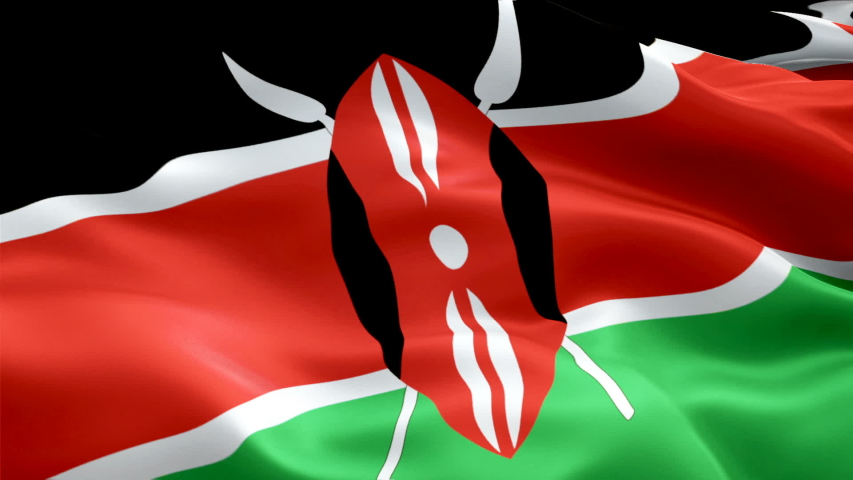
The terror of Covid-19 has spawned a societal rebirth. It seems. Folks all over the world are proclaiming renewal. It’s understandable. Phenomena of the scale, and ruin of the coronavirus, is stuff that calls for a date with the gods. If not the divine, then, deep introspection. Kenyans too have a chance going foward.
How could this happen at the pinnacle of mankind’s superiority in science and technology? We also query on what’s our purpose in the world? What’s the meaning of life? and of course, what’s the future outlook?
The world, it seems, is on the cusp of change. So, how will Kenya and Kenyans look like post-Covid-19?
However, we know, at least, in the meantime the pandemic has united the country in fear and into obeying state decrees. Coronavirus has scared the wit out of every Kenyan soul such that when recently newspaper folks took a nightly run in the city, they discovered total compliance with the curfew protocols.
Yet, beyond the unity in fear, which is ephemeral, what else is this pandemic producing? What is our introspection as a Kenyan society?
How are we strategically leveraging this crisis to trigger a paradigmatic shift of our national philosophical underpinnings, albeit sublimely?
Social Contract
Therefore, for a start, it’s a given that Kenya’s patriotism shroud is shredded. Unsurprising though. This is thanks to the infidelity to the social contract thanks to successive governments. Kenyans are a miffed lot.
Indeed, the betrayal, thus, spawned a toxic spirit of “what’s in it for me”. It has heavily individualized society and thrust Kenyans into a vicious rat race. Ours is a spirit that hunker for quick fixes in the most crooked and lazy design, including prosperity gospel. Pray tell, just what happened to the fabled protestant work ethic?
Yes, and we relish dalliances with evil in this hypocritical space of deep suspicion, and nativist ideological predisposition. Our national conscience is twisted.
Essentially, Kenya is quickly degenerating into a Hobbesian society where life, to quote Thomas Hobbes, is “solitary, poor, nasty, brutish and short.” You cannot optimally excel in such a milieu.
That’s why, as everyone proclaims a corona-stimulated renewal, so should we.
Perhaps, time is now for introspection that will help us redefine our value system, and jointly reconstruct a collective national philosophy, identity, aspirations and vision. How do we want to be identified?
In his epic, History of the Peloponnesian War, Thucydides writes of Pericles oration of Athens’ greatness as having accrued from the essence of equality, openness, courage and value for knowledge. What can it be said sets Kenya apart?
Mr Mwai Kibaki, Kenya’s third President, came closer to refocusing the country and Kenyans towards a collective dream – the Vision 2030. It stirred pride, confidence, hope and enterprise. It almost constructed patriotism, and nationhood, then sadly, we squandered the goodwill.
Thus, the pandemic is offering us a golden opportunity for reflection and consummate dialogue- for renewal. It’s an opportunity to rejig the national psyche, fire our imagination and construct a new Kenyan zeitgeist.
Fire National Psyche
A new way of imagination may not be easy, but it’s possible. What we need as Kenyans is a protagonist to fire the national psyche and imagination. To thrust the nation into candid intellectual and philosophical discourses nuanced on undercurrents and future possibilities.
Indeed, communication is power. It’s the magic that makes communities. Communication inspires, clarifies, explains, educates, comforts, guides and counsels. Great communication triggers imaginations, helps society to create worldviews or reaffirm existing ones. It shapes attitudes and actions. Communication redefines the soul and spirit of the nation. Through intentional and strategic communications, Kenyans too will form a community.
Therefore, the best person to lead this discursive charm-offensive is the national leader. Thus, the president can strategically seize this moment and commune with the republic especially on the ideals of national consciousness and ethos.
And as the pandemic horrifies the country, he should be the chief comforter and a stabilising agent. He’s the man to give the nation hope and confidence that we shall all roar back.
Dialogues
Elsewhere, Franklin D. Roosevelt, the thirty-second President of the United States of America, was a grandmaster of dialogue with the nation. He’s the president who was lucky or unlucky enough to go through two major crises – the Great Depression and the World War Two. Roosevelt did not disappoint. He fired the country’s imagination through his radio addresses popularly known as “fireside chats.” He uplifted the spirit of the nation.
Furthermore, Near home, Tanzania’s Julius Nyerere’s legendary philosophical radio commentaries helped to nurture a national spirit of brotherhood. The spirit of Ujamaa and kindness associated with Tanzanians was actually conceived and cultivated through discourses.
Therefore, work is cut for the president’s communications think-tank to deploy its intellectual wherewithal to facilitate such a worthy introspective and reconstructive enterprise.
The sovereign has a special, exclusive, currency as the first citizen. He has legitimacy. He sways emotions. He’s therefore advantaged to lead a robust moral and intellectual renaissance. Kenya is long overdue for a value-based system with a sound national conscience and consciousness. I’m strongly persuaded, it’s time for a new zeitgeist.
